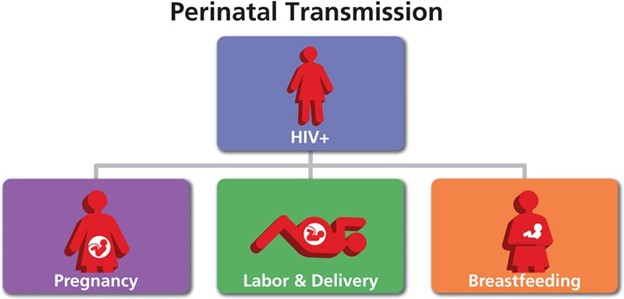A parent asks the nurse why self-monitoring of blood glucose is being recommended for her child with diabetes.
The nurse should base the explanation on what information?
It is a less expensive method of testing
It is not as accurate as laboratory testing
Children need to learn to manage their diabetes
The parents are better able to manage the disease
The Correct Answer is C
This is because self-monitoring of blood glucose allows children to learn how their blood sugar levels change in response to different factors such as food, exercise, stress, and medication.
It also helps them to adjust their insulin doses and dietary intake accordingly. Self-monitoring of blood glucose can improve glycemic control and reduce the risk of complications.
Choice A is wrong because it is not a less expensive method of testing.
Self-monitoring of blood glucose requires a glucose meter, test strips, lancets, and a logbook, which can be costly for some families.
Choice B is wrong because it is not less accurate than laboratory testing.
Self-monitoring of blood glucose can provide accurate and reliable results if done correctly and regularly.
Laboratory testing is usually done periodically to measure the average blood sugar level over the past 2 to 3 months (hemoglobin A1c).
Choice D is wrong because it implies that the parents are not involved in the child’s diabetes management.
Parents should still provide support and guidance to their children with diabetes, especially when they are young or newly diagnosed. Parents should also monitor their child’s blood glucose levels and help them with insulin administration if needed.
Nursing Test Bank
Naxlex Comprehensive Predictor Exams
Related Questions
Correct Answer is D
Explanation
The correct answer is choice D. Perinatal transmission of HIV is when HIV is passed from a woman with HIV to her child during pregnancy, childbirth, or breastfeeding.

Breast milk from an infected mother can contain HIV and infect the baby.
Choice A is wrong because HIV can be transmitted at any stage of pregnancy, not only in the third trimester.
Choice B is wrong because needlestick injury is not a common mode of perinatal transmission of HIV. It is more likely to occur among health care workers who are exposed to contaminated needles or sharp objects.
Choice C is wrong because HIV can also be transmitted through the ingestion of amniotic fluid, but it is not the only way. Amniotic fluid is the fluid that surrounds and protects the baby in the womb.
Correct Answer is A
Explanation
Drying the baby after birth and wrapping the baby in a dry blanket

This prevents evaporative heat loss, which occurs when water on the skin surface evaporates and cools the skin. Evaporative heat loss is especially significant in newborns because they are wet at birth and have a large surface area relative to their body mass.
Choice B is wrong because it addresses convective heat loss, which occurs when air currents blow over the skin and carry away heat.
Convective heat loss can be prevented by keeping the baby out of drafts and away from air conditioners.
Choice C is wrong because it addresses radiant heat loss, which occurs when heat radiates from the skin to cooler objects in the environment.
Radiant heat loss can be prevented by placing the baby away from the outside wall and the windows.
Choice D is wrong because it addresses conductive heat loss, which occurs when heat transfers from the skin to cooler objects in contact with the skin.
Conductive heat loss can be prevented by warming the stethoscope and the nurse’s hands before touching the baby.
Normal body temperature for a newborn is 36.5°C to 37.5°C (97.7°F to 99.5°F).
Whether you are a student looking to ace your exams or a practicing nurse seeking to enhance your expertise , our nursing education contents will empower you with the confidence and competence to make a difference in the lives of patients and become a respected leader in the healthcare field.
Visit Naxlex, invest in your future and unlock endless possibilities with our unparalleled nursing education contents today
Report Wrong Answer on the Current Question
Do you disagree with the answer? If yes, what is your expected answer? Explain.
Kindly be descriptive with the issue you are facing.
